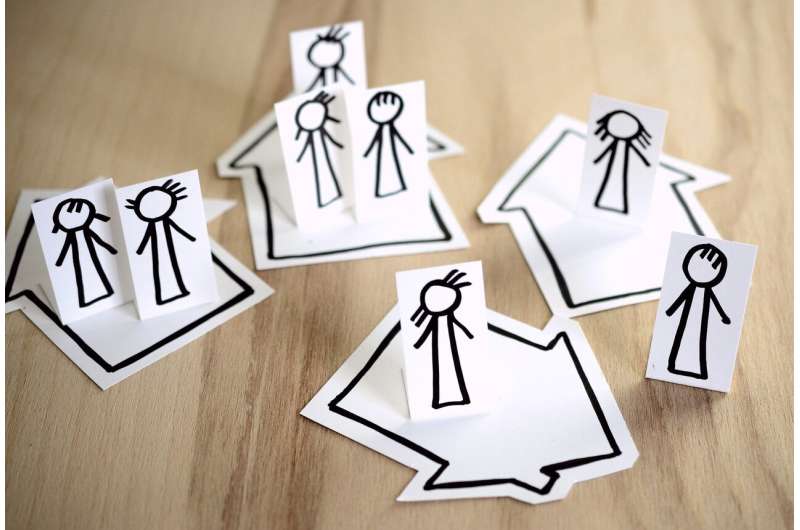
Both social isolation, defined as the objective state of having few connections with others, and loneliness, which is a subjective negative feeling of being alone, adversely impact the body and mind.
In contrast, some individuals can be socially isolated and yet lead healthy lives without experiencing loneliness. However, comprehensive research on the mechanisms through which social isolation or loneliness impacts mental health has been scarce.
In a new study published in PLOS ONE, researchers from the University of Tsukuba determined that the objective state of social isolation itself had little association with loneliness or depressive symptoms. Instead, the subjective perception of social isolation and loneliness was correlated with depressive symptoms.
Notably, depressive symptoms were intensified by such perception. These findings underscore the importance of focusing on individuals’ feelings about their social isolation. Support measures should target individuals’ perceptions, thoughts, and feelings rather than solely increasing social connections.
This research group aims to foster a healthy “individualistic” society where individuals can sustain their social life and well-being and lead fulfilling lives even in conditions of social isolation. Understanding how social isolation and loneliness influence depressive symptoms is crucial for developing new strategies to prevent these conditions.
More information:
Natsuho Kushibiki et al, How do social networks, perception of social isolation, and loneliness affect depressive symptoms among Japanese adults?, PLOS ONE (2024). DOI: 10.1371/journal.pone.0300401
Citation:
Perception of social isolation and loneliness can increase depressive symptoms (2024, April 25)
perception-social-isolation-loneliness-depressive.html
.
. The content is provided for information purposes only.
